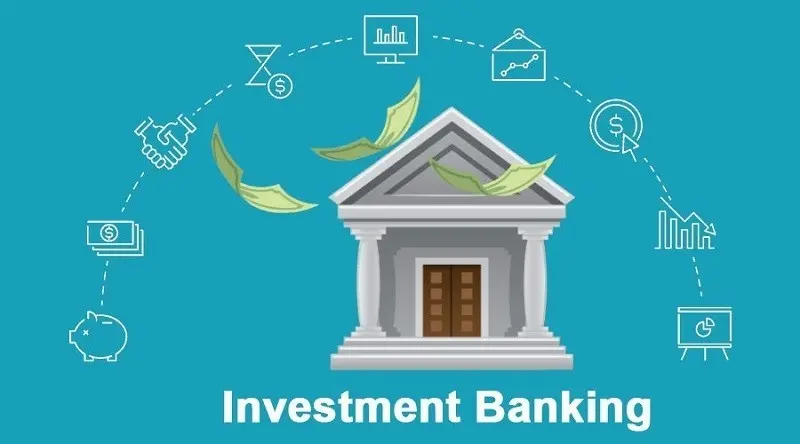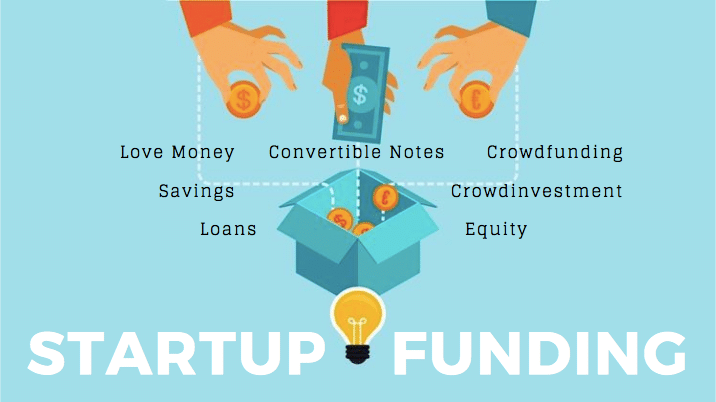
What Are Business Loans?
A business loan is a sum of money borrowed from a financial institution or lender to fund business-related expenses. These loans come with interest and repayment terms that vary depending on the type and lender.
Types of Business Loans
Understanding the types of business loans available can help you make an informed decision:
| Loan Type | Description |
|---|---|
| Term Loans | Lump sum funding repaid over a fixed period with interest. |
| SBA Loans | Government-backed loans with favorable terms for small businesses. |
| Business Lines of Credit | Flexible funding where you draw funds as needed up to a set limit. |
| Invoice Financing | Borrowing against unpaid invoices for immediate cash flow. |
| Equipment Financing | Loans specifically for purchasing business equipment. |
| Merchant Cash Advances | Lump sum funding repaid through a percentage of daily credit card sales. |
| Startup Loans | Funding tailored for new businesses with limited operational history. |
Benefits of Business Loans
Business loans provide several advantages, including:
- Access to Capital: Get the funds needed to grow or sustain your business.
- Flexible Use: Use the loan for inventory, payroll, marketing, or other expenses.
- Improved Cash Flow: Manage seasonal fluctuations or large purchases.
- Build Business Credit: Timely repayments help establish strong credit history.
How to Qualify for a Business Loan
Qualifying for a business loan involves meeting specific criteria. Here’s what lenders typically look for:
- Business Plan: A clear and detailed plan showing potential for growth.
- Credit Score: A good personal or business credit score.
- Revenue History: Proof of consistent cash flow and revenue.
- Collateral: Assets that can secure the loan if needed.
- Loan Purpose: Clearly defined reasons for seeking funding.
Steps to Apply for a Business Loan
Follow these steps to streamline your application process:
- Determine Your Needs: Decide how much funding you need and why.
- Research Lenders: Compare banks, credit unions, and online lenders.
- Gather Documentation: Prepare your financial statements, tax returns, and business plan.
- Submit Your Application: Fill out the application form and provide the required documents.
- Review Terms: Carefully review the loan terms and repayment conditions before signing.
Top Business Loan Providers
Here’s a comparison of popular business loan providers:
| Provider | Loan Options | Average Interest Rate | Max Loan Amount |
|---|---|---|---|
| Bank of America | SBA loans, term loans | 5% - 12% | $5 million |
| BlueVine | Invoice financing, lines of credit | 4.8% - 18% | $250,000 |
| Kabbage | Lines of credit | 6% - 15% | $250,000 |
| Lendio | Multiple loan types | Varies | $5 million |
| Funding Circle | Term loans | 4.99% - 15% | $500,000 |
FAQs About Business Loans
What Is the Difference Between Secured and Unsecured Loans?
- Secured Loans: Require collateral, such as property or equipment.
- Unsecured Loans: Do not require collateral but may have higher interest rates.
Can I Get a Loan for a Startup?
Yes, startup loans and SBA loans are designed for new businesses, though they may require a solid business plan.
How Long Does It Take to Get Approved?
Approval times vary but can range from a few days (online lenders) to several weeks (banks).
Conclusion
Business loans are vital for achieving your entrepreneurial goals. By understanding your needs, researching options, and preparing a strong application, you can secure the funding necessary to grow your business.






